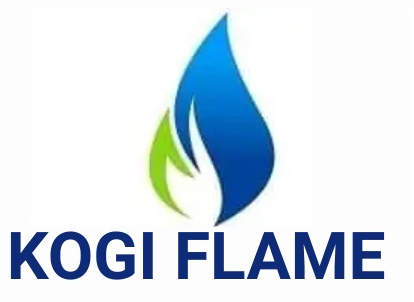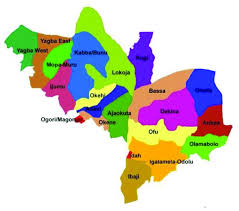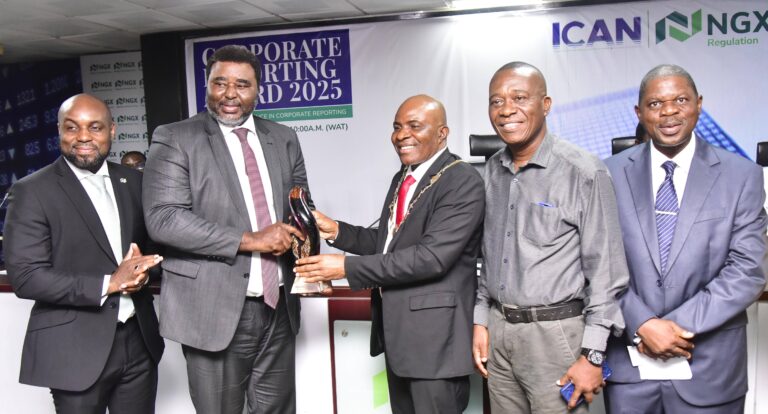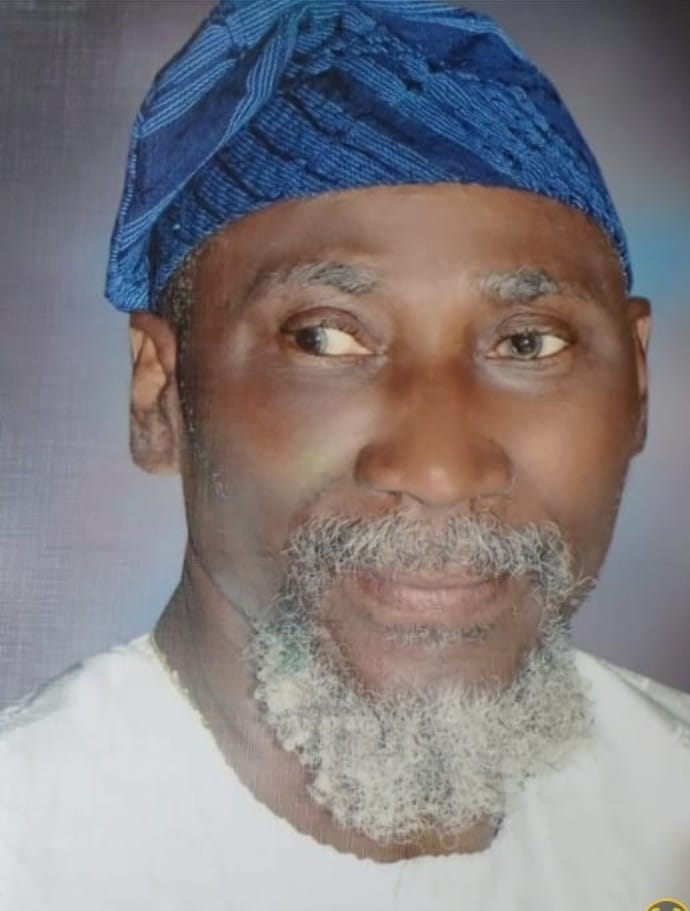
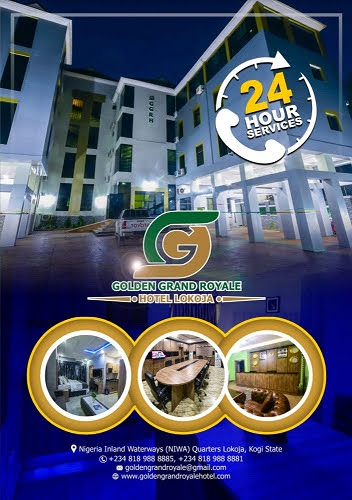
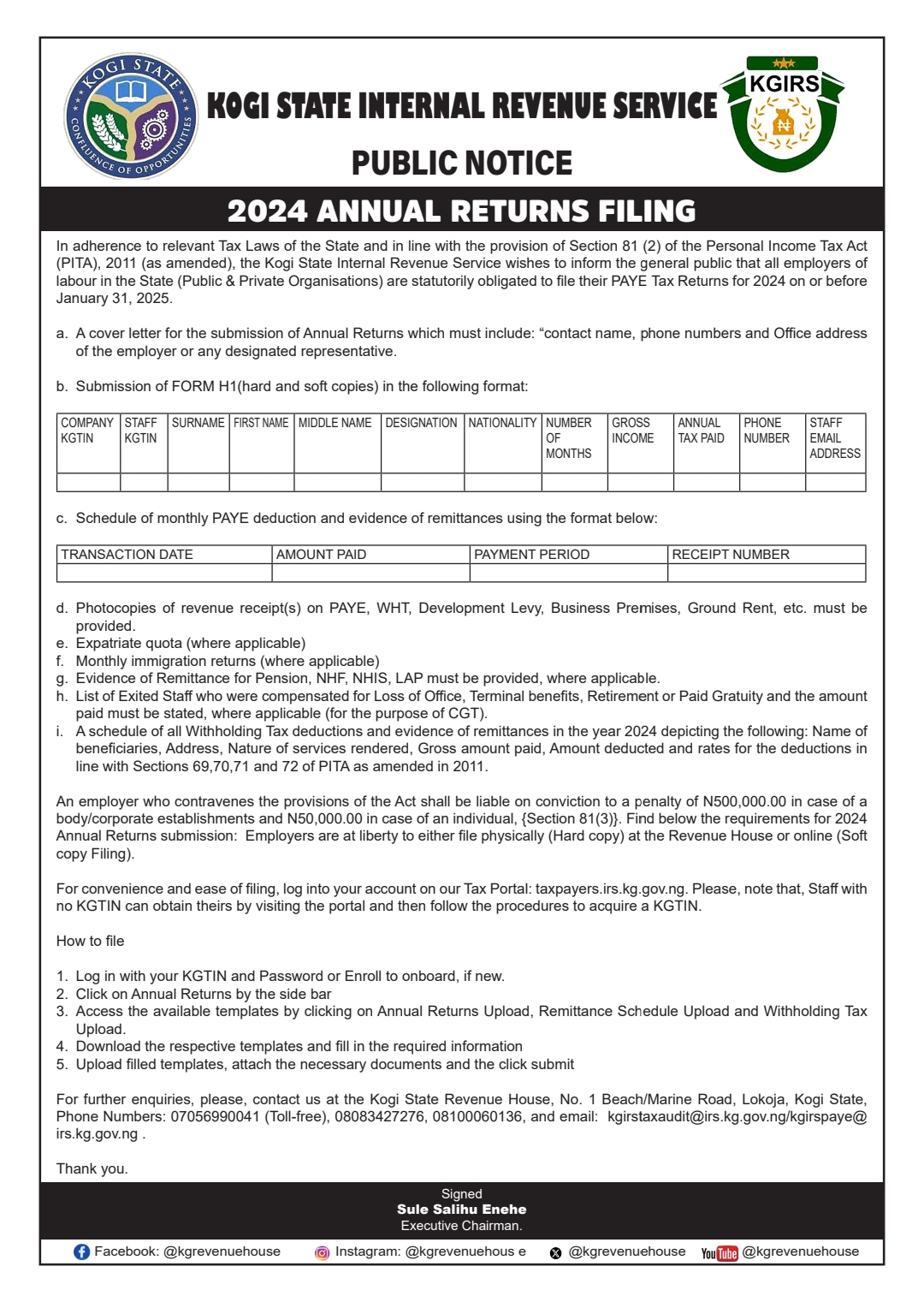
Kogiflame.
Dear Colleagues and stakeholders, let me congratulate and welcome you to the 6th World Bicycle Day, this 3rd of June 2024, with the theme; “Cycling as a Tool for Urban Freedom”
2. On 12th April, 2018, the United Nations General Assembly declared June 3 as World Bicycle Day. By the resolution, world leaders recognizes “the uniqueness, longevity and versatility of the bicycle, which has been in use for two centuries, and that it is a simple, affordable, reliable, clean and environmentally fit sustainable means of transport.”
3. Since inception of the World Bicycle Day in 2018, which also coincide with the establishment of the Africa Urban Cycling Organization, we been resolute and committed to promoting the use of the bicycle as a means of eradicating poverty; furthering sustainable environment and development; strengthening education, including physical education, for children and young people; promoting health; preventing disease; and facilitating social inclusion and a culture of peace. Accordingly, we have collaborated with relevant stakeholders for the hosting of activities to mark the day in Nigeria including workshops, cycling rallies, etc. Working with Ochenuell Mobility, we started the Capital City Cycling Championship in Abuja, a competitive cycling event as a component of the WBD, which second edition held last year which over 400 cyclists and cycling enthusiast attended.
4. The theme for the 6th edition this 2024 is Cycling as a Tool for Urban
Freedom. What really is in this theme? We are saying
a. We need freedom from congestion, delays and man hour losses in traffic, which health and socio-economic losses are estimated to be about 3% of GDP in developing countries
b. We need freedom from road crashes that claim lives damage properties and render families helpless with its costs estimated at 3-5% of GDP in developing countries
c. We need freedom from lack of urban spaces occasioned by car dependent mobility; when will premises of malls, offices, markets, and other public places become free, serene and green? No, not when the car owns the city
d. We need freedom from emissions that pollute the air, damage human health and environment and put the human future existence in danger. Cycling emits nothing because it burns nothing other than calories
e. We need freedom from cost of owning a car, and transportation on individuals and families especially in the light of the fuel subsidy removal, as we spend nothing other than the cost of the bicycle in owning and commuting with one
f. We need freedom from car centric mindset that has forced all road infrastructure budgets into building and expansion of wide roads for speeding cars instead of sustainable mobility systems where only a small road space is for the car and public transport take center stage with walking and cycling seen in their separate lanes, with trees and seating areas all along the road
g. We need freedom from automobile centered modes that are not gender neutral, challenging for older people, children and persons will disability; cycling is that mode that is fit for all ages, ability, status and gender
5. Achieving this freedom means that all hands must be on deck. We need all stakeholders to go to work, the press should champions the mindset change. We need government at all levels to take steps towards he change that we need. And opportunities abound through existing frameworks:
a. The Presidential CNG Initiative which core component is procurement of CNG buses for public transport should include cycling as a component. This conforms to the 76th UN General Assembly resolution on integrating cycling into public transport which has been adopted by the National Council on Transport Nigeria. Integrating cycling means that it will provide last mile connectivity for public transport, create the opportunity for a national cycling investment kickoff and proof Nigeria’s commitment to sustainable development
b. We call on the Federal Ministry of Works to as a matter of urgency develop a national urban roads design manual. This is not the same as the National Highway Design Manual and cannot be replaced with the Highway design manual. It will specify mandatory provision of walking and cycling lanes and complementary facilities for all urban roads which speed exceed 30km per hour
c. We call on the FCT Minister, HE Barr Ezenwo Nyisom Wike to provide the lead by recovering bicycle lanes on all arterials and higher road corridors in Abuja as provided for in the Master plan, that we cannot longer wait for a certain future to get this done as has been repeatedly stated by previous administrations.
d. We call on the FCT Minister, HE Barr Ezenwo Nyisom Wike, to as a matter of urgency include cycling in the light rails and other public transport developments, providing cycle parking facilities in all rail and bus terminals, public building, markets and office premises
e. We call all state governors to replicate items c and d above
6. We also call you to join us for the following joint stakeholders activities Marking the 6th UN World Bicycle Day, which were scheduled for this week but had to be shifted because of the ongoing commissioning of projects by Mr. President across the city of Abuja:
a. A National Stakeholder’s Awareness Workshop/ National Cycling draft Policy Validation holding on 13th June, 2024 at Novare Hall, 2nd Floor, Shoprite
Building, Wuse Zone 5, Abuja, at 9am
b. National Cycling Mass Rally and 3rd Capital City Cycling Championship, holding on 15th June, 2024, take off Point is Ahmadu Bellow Way by Federal Secretariat Behind Eagles Square at 7am
7. On behalf of the Boards and Management of Africa Urban Cycling Organization, Happy 6th World Bicycle Day.
Engr. Emmanuel John,
President Africa Urban Cycling Organization & Vice President, World Cycling Alliance
